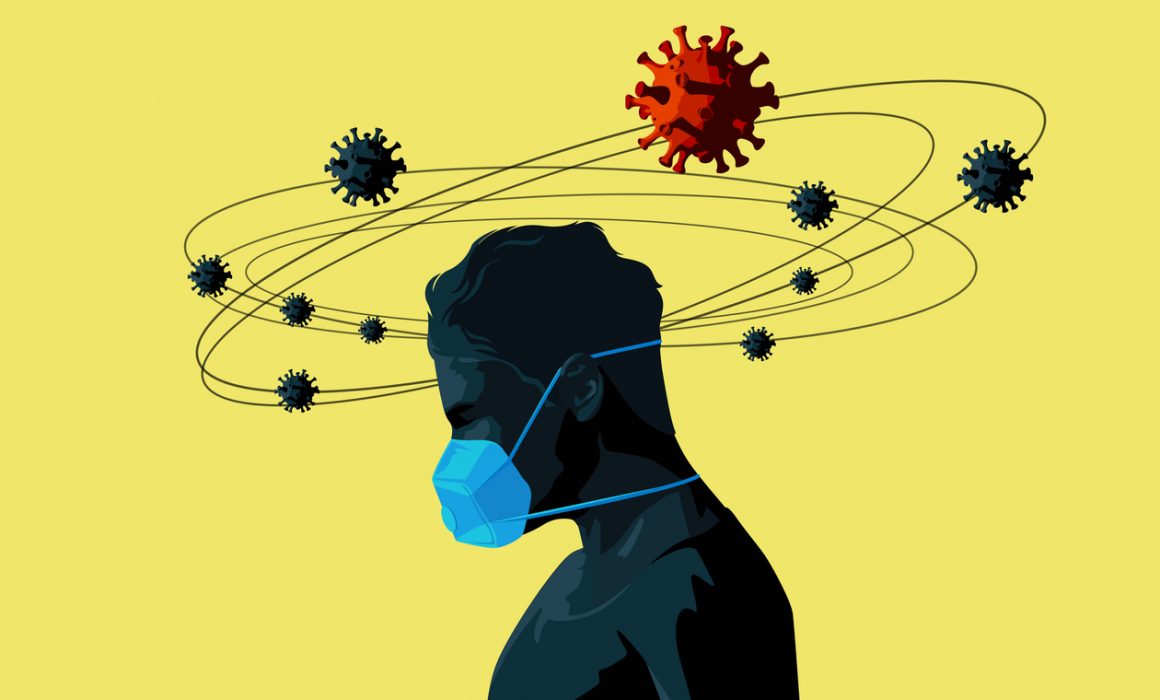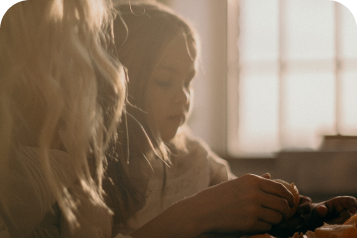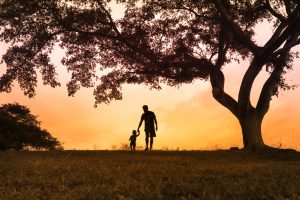
Overcoming 2020. What we can all learn from children in foster care.

Overcoming 2020. What we can all learn from children in foster care.

Author
CWCSHANNON
Published on
- November 5, 2020
Published on
- Blog
Our insight into trauma.
2020 for us, is what a childhood is like for children in foster care.
Fear. Frustration. Abandonment. Fatigue. Helplessness. All of these are natural reactions experienced this year of 2020 by people across the globe. Covid 19 created trauma in the lives of millions of people.
People whose lives were stable became shaky. People whose health was balanced became uneasy. Uncertainty became ripe in the world of certain people.
The experience of 2020 varied between us, but ultimately central themes became clear.
People became fearful for their health and safety, for their loved one’s health and safety and people experienced forced separation from their families. Some were forced to stop going to their comfortable school, forced to stop going to their comfortable workplace, some were forced to start new jobs, some new towns. Collectively we were all unsure of what would happen in our lives and the world.
2020 for us, is what a childhood is like for children in foster care.
The reactions and emotions we have experienced are what children in foster care experience regularly. These children are scared for their safety, often stopped being able to go their familiar school, forced to stop seeing familiar people, some forced to leave their familiar town. All experience forced separation from their family. All unsure of what will happen to them.
Different catalyst. Same experience.
I believe we can learn a lot from these remarkable children who have quietly endured experiences and emotions that have crippled the larger part of society this year.
From them, we must learn the things that society not only asks, but expects them to master – acceptance, responsibility, forgiveness and hope. We expect them to overcome their experiences and become functioning adults in society, contributing adults, healthy adults.
We first ask them to master acceptance.
To accept what has happened to them. Perhaps the foster child might need to accept that their parents were habitual drug users and they will never be able to return home.
This year the adult
might need to accept that Covid caused their industry to crash, their job to be lost, and perhaps their house to be lost.
We then ask them to take responsibility.
Often when they ‘age out’ of the system at 18, we ask them to take responsibility for where they are now. Not to blame anybody else. To remove the ‘poor me’ mindset. To take responsibility and move forward with grace.
This year for the adults
who have lost jobs, lost income/revenue, the people who are now facing harder paths in employment, housing, schooling. These people must take responsibility for exactly where they are. Not blame anybody else. Not the ministers, not the CHO, not the ‘super spreaders’. Just take responsibility and move forward with grace.
We encourage the children to achieve forgiveness.
Perhaps the hardest element of the foster care journey is forgiving their parents, services, or police. Forgiving the people who robbed them of a normal childhood.
This year as adults,
we must forgive the minister who may have failed, the people who were irresponsible and spread the virus, the hotel quarantine program. Forgive what we believe has robbed of us of a normal 2020.
Lastly these children require hope.
Foster children hope, that from any given moment in their lives, things will get better.
We must hope, that from this moment, things will get better.


